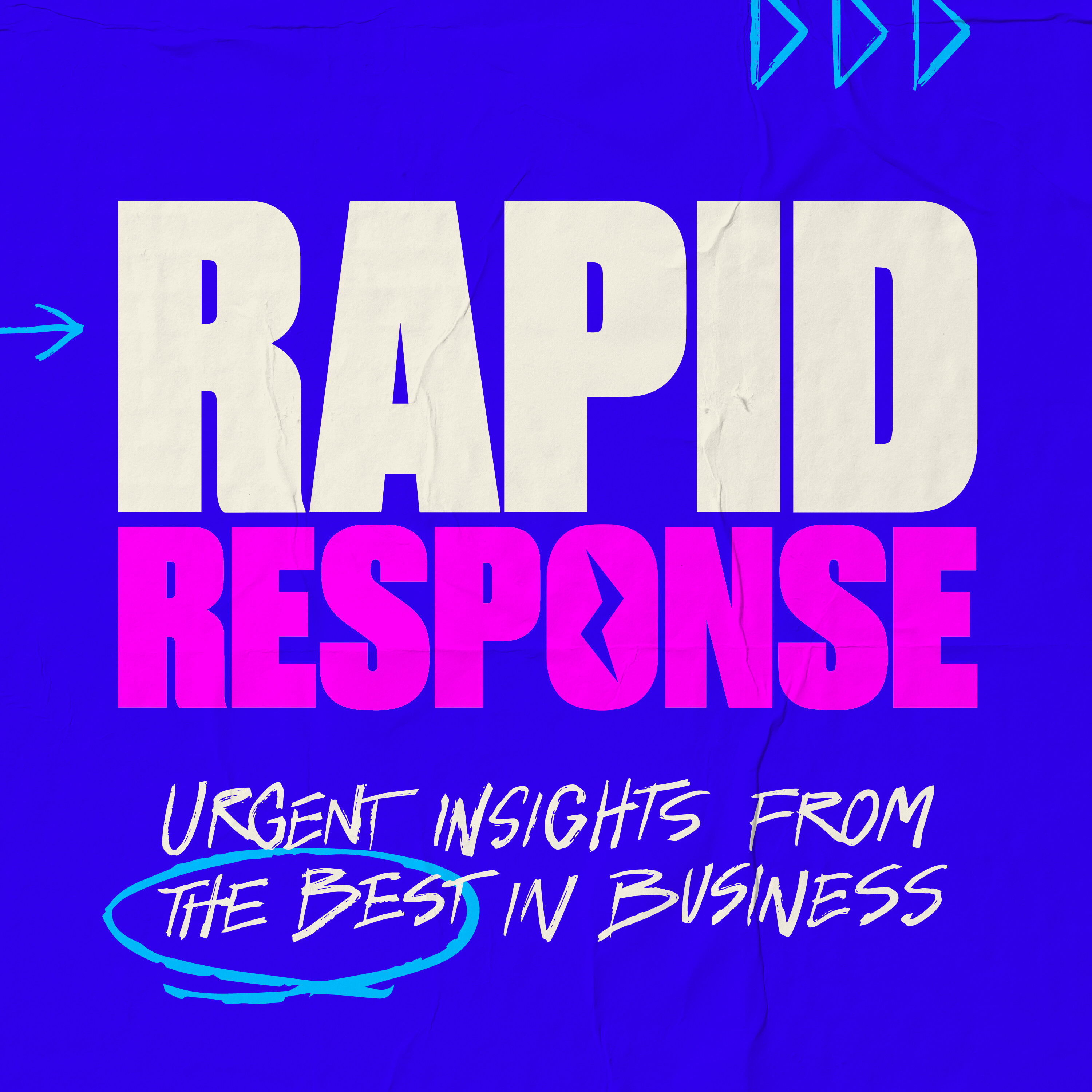America's Big Economic Shift
1. The Main Idea in a Nutshell
- An expert argues that the old way the world economy worked (sending jobs overseas) is over, and America is now trying to bring factories back, causing a lot of chaos and changing who wins and who loses.
2. The Key Takeaways
- The Old System is Broken: For the last 30-40 years, the U.S. economy was all about "globalization"—sending factory jobs to other countries where it was cheaper. This made company owners and stockholders rich but left many American workers with stagnant wages and fewer opportunities.
- Bringing Jobs Back is Messy: Now, America is trying to reverse this. It's using tactics like tariffs (which are just taxes on stuff brought in from other countries) to encourage companies to build things in the U.S. again. This process is chaotic and is causing new kinds of problems.
- China is Winning the Future: While America is focused on bringing back old-school factory jobs, China has been quietly becoming the world leader in the technologies of the future, like amazing electric cars and super-advanced batteries.
Trust in the System is Fading: The expert is worried that when the government starts to mess with official numbers (like job reports) or pressure independent groups like the Federal Reserve (the group that manages our money supply), it makes the whole system unstable because no one knows who or what to trust.
Fun Facts & Key Numbers:
- Fact: In just 5 years, China has taken over every major green technology industry.
- Fact: American companies are still the ones behind 40% of the products that are exported from China.
- Fact: The U.S. has around 200 military bases around the world. China only has about 6.
3. Important Quotes, Explained
Quote: "> When you basically start saying, we're not producing any climate data anymore and we're going to make up the jobs numbers, that's deeply troubling. Because you can't price things. ... No information, no prices, bad."
- What it Means: If you can't trust the basic facts and numbers the government gives you, you can't figure out what anything is truly worth. It’s like trying to play a video game where the scoreboard is fake and the rules keep changing.
- Why it Matters: The entire economy runs on reliable information. When that information becomes questionable, businesses and investors get scared, stop spending money, and the whole system can get shaky.
Quote: "> We're literally putting [the future] on a plate and saying, go on, take the future. Take the sectors that matter. We're going to be basically building huge trucks and playing with something called AI."
- What it Means: The expert is saying that the U.S. is so focused on old industries (like oil and gas) and getting distracted by hype (like AI) that it's basically letting China become the world leader in the technologies that will actually matter most in the future, like green energy.
- Why it Matters: This suggests the U.S. could be making a massive mistake by falling behind in the next big economic revolution while China charges ahead.
4. The Main Arguments (The 'Why')
- First, the expert argues that the economic system we've had since the 1980s (globalization and deregulation) has run its course because it created a huge gap between the rich and everyone else.
- Next, he shows how both political parties have started to abandon free trade. They are now using tariffs and government pressure to try and force companies to bring manufacturing jobs back to the United States.
- Finally, he points out that this is all happening while China is mastering the industries of the future (like electric vehicles). He worries the U.S. is trying to rebuild an economy from the past while China is busy building the economy of the future.
5. Questions to Make You Think
- Q: The expert says globalization hurt a lot of American workers. But didn't it also make products like phones and clothes cheaper for everyone?
A: The text says yes, globalization brought lots of cheap products to America. But it argues this came at a huge cost: 30 years of wages that didn't go up for many Americans and the "hollowing out" of entire industrial towns. So, while we got cheaper stuff, many people lost their stable, good-paying jobs.
Q: Is the expert, Mark Blyth, saying that AI is just a fad?
A: He doesn't say it's useless, but he is very skeptical. He calls the race to build a super-intelligent AI something that "is probably never going to happen" and says that "nobody can quite tell us what it's really for yet." He believes practical tech like batteries and green energy—which China is dominating—is far more important for our future right now.
Q: Why don't the Democrats have a better story to tell about the economy?
- A: The text argues it's because the Democratic party's supporters are now mostly people who did really well under the old system of globalization (he calls them the "managerial, professional, globalist class"). It's hard for them to fight for a big change when their main supporters were the ones who benefited from the way things were.
6. Why This Matters & What's Next
- Why You Should Care: These huge economic changes will decide what kinds of jobs are available when you graduate, how much things cost, and what America's role in the world will be. This isn't just boring news; it's about the kind of world you're going to live and work in.
- Learn More: To see a real-world example of the "hollowing out" of American industry that the podcast talks about, check out the documentary "American Factory" on Netflix. It shows what happens when a Chinese company opens a factory in an old General Motors plant in Ohio and the cultures collide.

